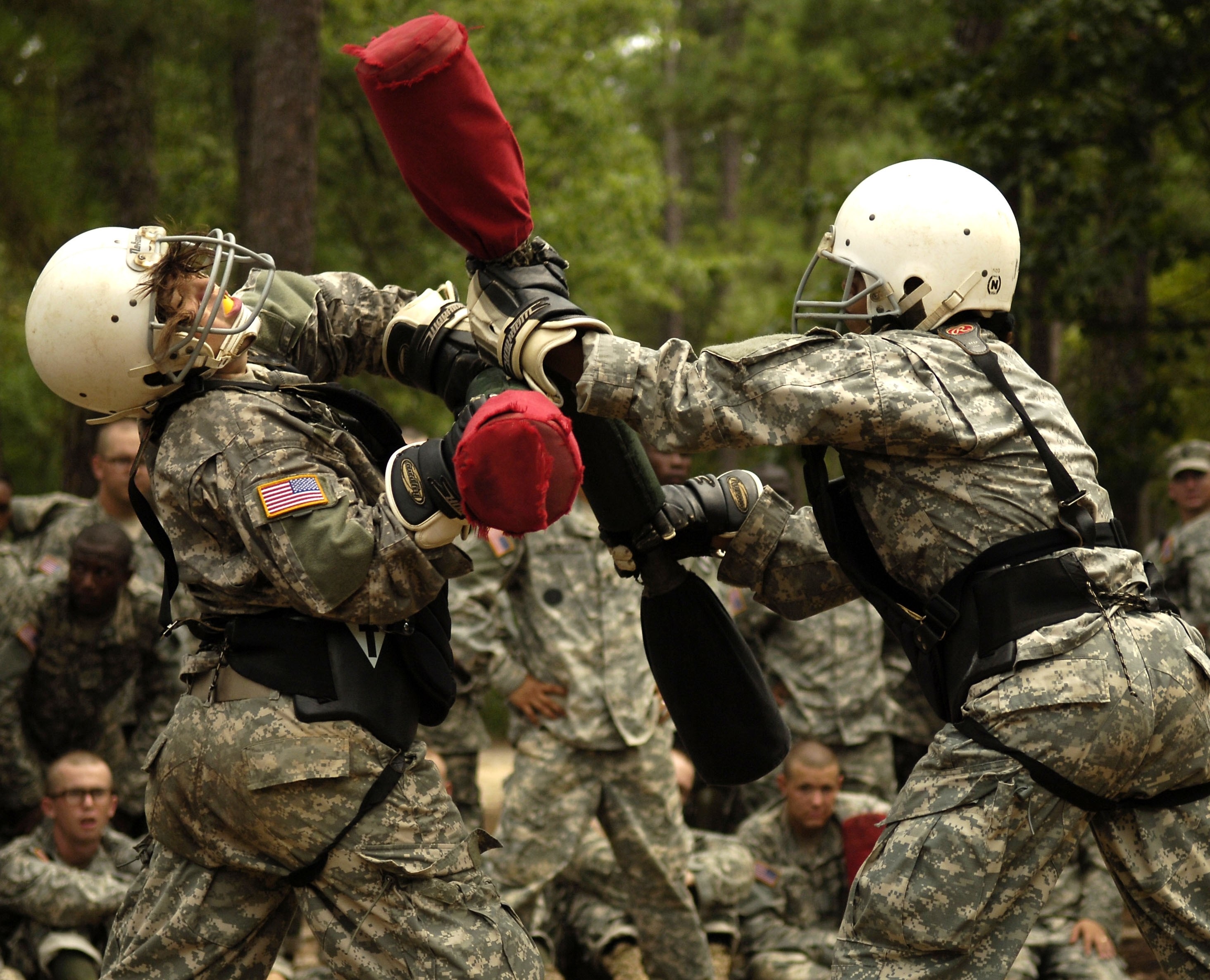5 Marine Engineer Tasks

Introduction to Marine Engineering

Marine engineering is a field that combines engineering principles with the design, construction, and operation of ships and other marine vessels. Marine engineers are responsible for ensuring the safe and efficient operation of these vessels, and their tasks can vary widely depending on the specific job and employer. In this post, we will explore five key tasks that marine engineers may be responsible for, and discuss the skills and knowledge required to perform these tasks successfully.
Task 1: Design and Development

One of the primary tasks of a marine engineer is to design and develop new ships and marine vessels. This involves using computer-aided design (CAD) software and other tools to create detailed plans and specifications for the vessel, taking into account factors such as stability, maneuverability, and fuel efficiency. Marine engineers must also ensure that their designs meet all relevant safety regulations and environmental standards. To perform this task successfully, marine engineers must have a strong understanding of mathematics and physics, as well as excellent communication and problem-solving skills.
Task 2: Maintenance and Repair

Another key task of marine engineers is to maintain and repair existing ships and marine vessels. This involves performing regular inspections and maintenance tasks, such as oil changes and filter replacements, to ensure that the vessel is running smoothly and efficiently. Marine engineers must also be able to troubleshoot and repair any problems that arise, using a combination of technical knowledge and practical skills. To perform this task successfully, marine engineers must have a strong understanding of mechanical systems and electrical systems, as well as excellent hand-eye coordination and manual dexterity.
Task 3: Operation and Management

Marine engineers are also responsible for operating and managing ships and marine vessels. This involves overseeing the day-to-day operations of the vessel, including navigation, communication, and cargo handling. Marine engineers must also ensure that the vessel is operated in a safe and efficient manner, and that all relevant regulations and standards are met. To perform this task successfully, marine engineers must have a strong understanding of maritime law and regulations, as well as excellent leadership and management skills.
Task 4: Testing and Evaluation

Marine engineers are responsible for testing and evaluating the performance of ships and marine vessels. This involves conducting sea trials and other tests to assess the vessel’s speed, maneuverability, and fuel efficiency, and making any necessary adjustments or repairs. Marine engineers must also evaluate the vessel’s safety features and emergency systems, to ensure that they are functioning properly. To perform this task successfully, marine engineers must have a strong understanding of testing and evaluation methods, as well as excellent analytical and problem-solving skills.
Task 5: Research and Development

Finally, marine engineers are involved in research and development, working to improve the design and operation of ships and marine vessels. This involves conducting research and experiments to develop new technologies and materials, and collaborating with other engineers and stakeholders to implement these innovations. Marine engineers must also stay up-to-date with the latest industry trends and technological advancements, to ensure that their designs and operations are competitive and effective. To perform this task successfully, marine engineers must have a strong understanding of research methods and technological innovation, as well as excellent collaboration and communication skills.
| Task | Description | Required Skills |
|---|---|---|
| Design and Development | Designing and developing new ships and marine vessels | Mathematics, physics, communication, problem-solving |
| Maintenance and Repair | Maintaining and repairing existing ships and marine vessels | Mechanical systems, electrical systems, hand-eye coordination, manual dexterity |
| Operation and Management | Operating and managing ships and marine vessels | Maritime law, regulations, leadership, management |
| Testing and Evaluation | Testing and evaluating the performance of ships and marine vessels | Testing methods, evaluation methods, analytical skills, problem-solving skills |
| Research and Development | Improving the design and operation of ships and marine vessels through research and development | Research methods, technological innovation, collaboration, communication |

💡 Note: Marine engineers must be able to work well under pressure and make quick decisions in emergency situations.
In summary, marine engineers play a critical role in the design, construction, and operation of ships and marine vessels. Their tasks can vary widely, but may include design and development, maintenance and repair, operation and management, testing and evaluation, and research and development. To perform these tasks successfully, marine engineers must have a strong understanding of a range of technical and non-technical skills, including mathematics, physics, mechanical systems, electrical systems, maritime law, and regulations. By staying up-to-date with the latest industry trends and technological advancements, marine engineers can help to ensure the safe and efficient operation of ships and marine vessels, and contribute to the growth and development of the maritime industry.
What is the primary role of a marine engineer?

+
The primary role of a marine engineer is to design, construct, and operate ships and marine vessels, ensuring their safe and efficient operation.
What skills are required to become a marine engineer?

+
To become a marine engineer, you will need a strong understanding of mathematics, physics, mechanical systems, and electrical systems, as well as excellent communication, problem-solving, and leadership skills.
What are the different types of tasks that marine engineers perform?

+
Marine engineers perform a range of tasks, including design and development, maintenance and repair, operation and management, testing and evaluation, and research and development.



